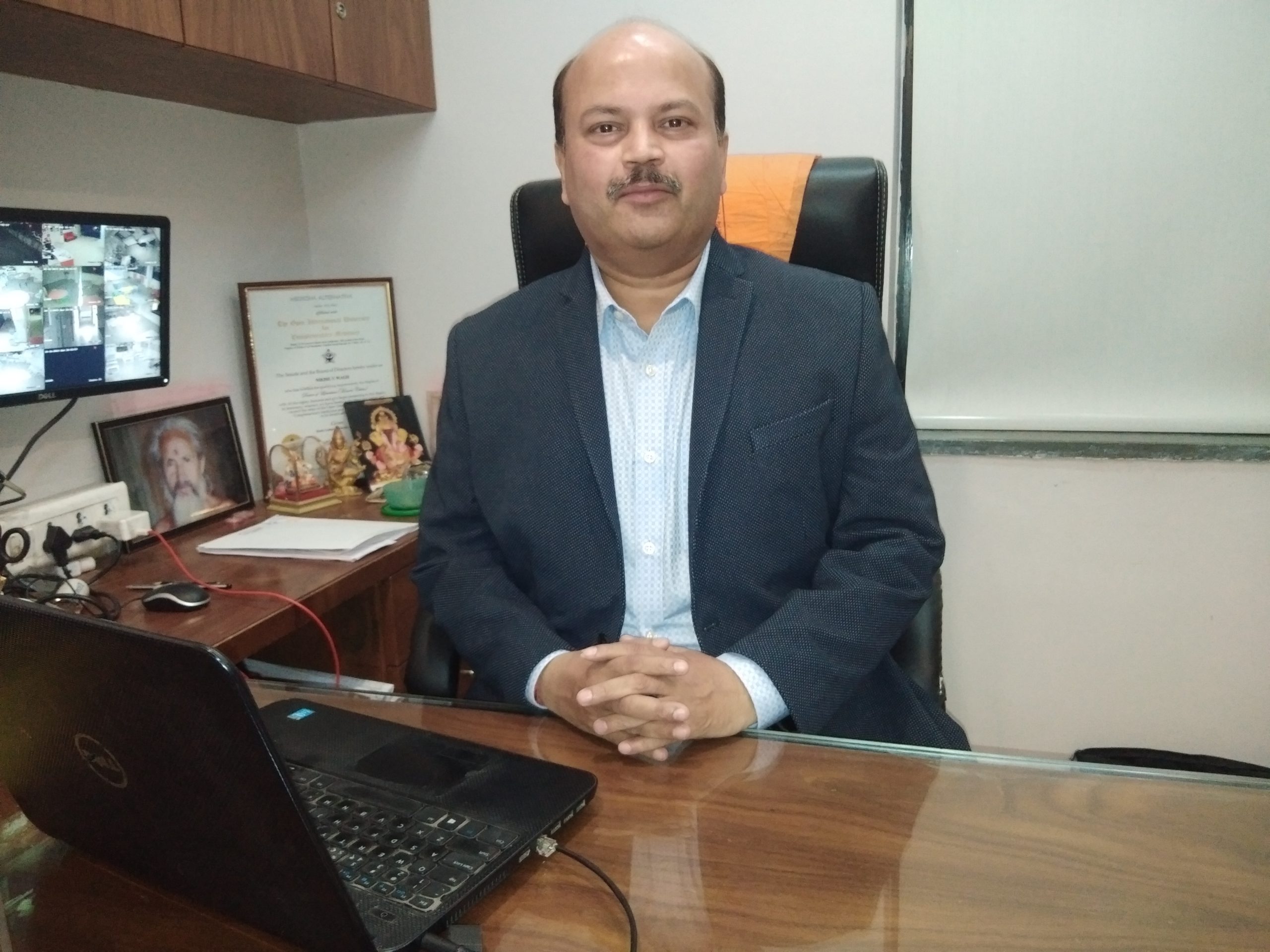
Founder-chairman, Educon International School, Pune
A science and engineering alumnus of Dnyaneshwar Vidyapeeth, Pune, Nikhil Wagh is founder-chairman of the new-age Educon International School, Pune (EIS, estb.2015) and managing director of Educon Consultancy that provides school management, teacher training and student assessment among other services. A highly respected educationist, Dr. Wagh served as director of the City International School, Mumbai for over a decade (2003-2013).
Educon International School’s response to the Covid-19 challenge. When the first cases of Covid-19 emerged in Pune, we immediately sensitised our students and staff about the seriousness of the virus and preventive measures through PowerPoint presentations, posters and videos. Since the nationwide lockdown forced all educational institutions to down shutters in late March, EIS’ flipped learning pedagogy enabled us to seamlessly switch to online learning through our student-centric Virtual Learning Framework (VLF), guided by the results of our online students’ readiness survey, to ensure that teaching-learning reached all students by leveraging the most appropriate tech tool.
Major challenges confronting Indian K-12 education in the Covid era. Eliminating the digital divide among all stakeholders; ensuring the mental, emotional and physical well-being of students, parents and teachers; teacher training and establishing education ecosystems to adapt to new emerging technologies.
Also read: COVID19 Challenge: Educon International School online learning success
On fees waiver/deferment circulars to private school managements. All stakeholders must exercise mature restraint in handling the Covid-19 situation. Governments should first consult with private school representatives before taking unilateral decisions and sending out circulars. Likewise, schools should take parent-teacher associations into confidence before prescribing fees payment schedules and options during these challenging times.
Top 3 proposals for reforming K-12 education in India.
• Redesign school curriculums to include skills education and move away from rote learning to promote 21st century critical, computational thinking and problem solving skills.
• Make assessment criteria more flexible with focus on the student-centric visual-auditory-kinesthetic (VAK) approach theory to identify students’ preferred learning styles.
• Revamp teacher training programmes to effectively implement academic curriculums by leveraging technology to engage, motivate and involve students in digital online learning.
Future plans for EIS. Expanding our footprint countrywide by setting up centres of excellence aligned with our mission and vision and making necessary changes in education delivery to adapt to the new normal for providing holistic education.